Breaking News: Extreme Temperature Research and Whale-Wind Turbine Conspiracy Debunked
Researchers have made a groundbreaking discovery about how the human body reacts to extreme temperatures, a crucial finding in the face of rising heat-related deaths due to climate change. According to a recent study, approximately 47,000 heat-related deaths occurred in Europe in 2023, and climate change is estimated to add an extra 2.3 million European heat deaths this century. This has heightened the stakes for understanding the science behind thermoregulation.
The study, published in the latest issue of MIT Technology Review magazine, reveals that researchers around the world are revising rules about when extreme temperatures veer from uncomfortable to deadly. Their findings have significant implications for how we think about the limits of hot and cold and how to survive in a new world. The study's lead author, Max G. Levy, emphasizes the importance of this research, stating that it will change the way we approach heat-related illnesses and deaths.
The European heat-related deaths are a pressing concern, with the World Health Organization (WHO) warning of a significant increase in heat-related illnesses and deaths due to climate change. The WHO has called for immediate action to mitigate the effects of climate change, including investing in heatwave early warning systems and providing education on heat safety.
In a separate development, a conspiracy theory claiming that wind turbines are causing the deaths of whales has been debunked. According to a recent investigation, there is no scientific evidence to support this claim. In fact, the investigation found that wind turbines are not a significant threat to marine life.
The debunking of the whale-wind turbine conspiracy is a significant development, as it highlights the importance of relying on scientific evidence rather than speculation. The investigation was conducted by a team of experts from the National Oceanic and Atmospheric Administration (NOAA) and the American Wind Wildlife Institute (AWWI).
As the world grapples with the challenges of climate change, it is essential to rely on scientific evidence and expert research to inform our decisions. The study on thermoregulation and the debunking of the whale-wind turbine conspiracy are significant steps forward in our understanding of the world and how to address its challenges.
In the coming weeks and months, researchers will continue to study the effects of climate change on human health and the environment. The WHO has called for increased investment in climate change research and mitigation efforts, and governments around the world are expected to take action to address the growing threat of climate change.





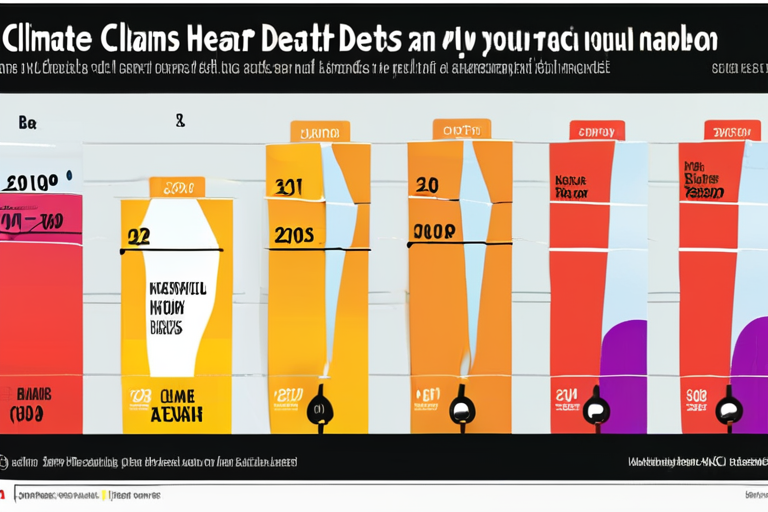


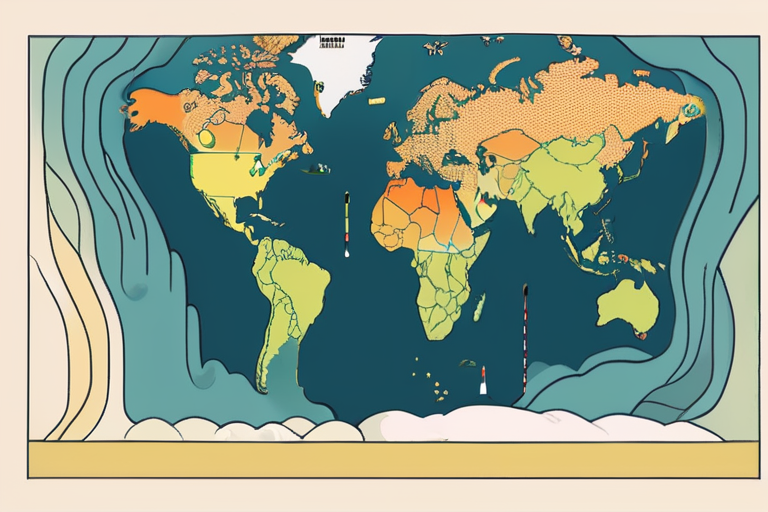




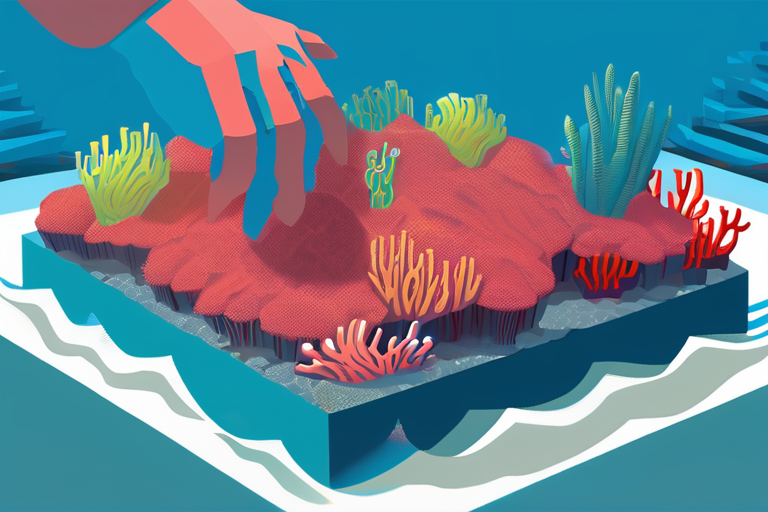
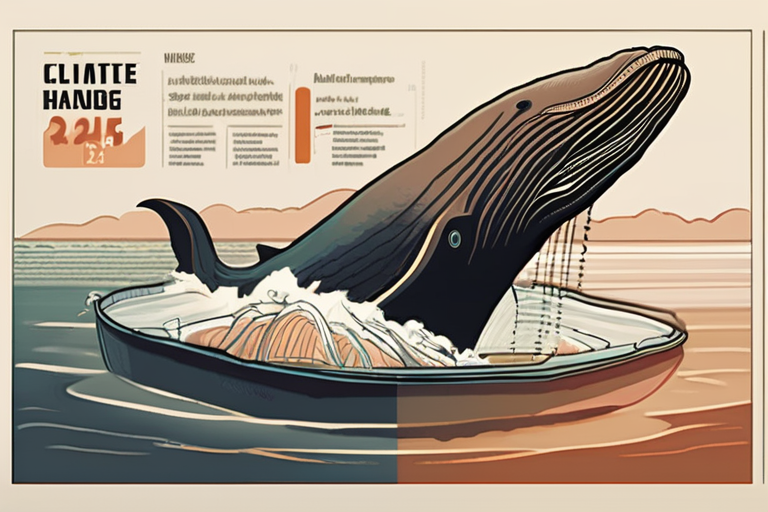




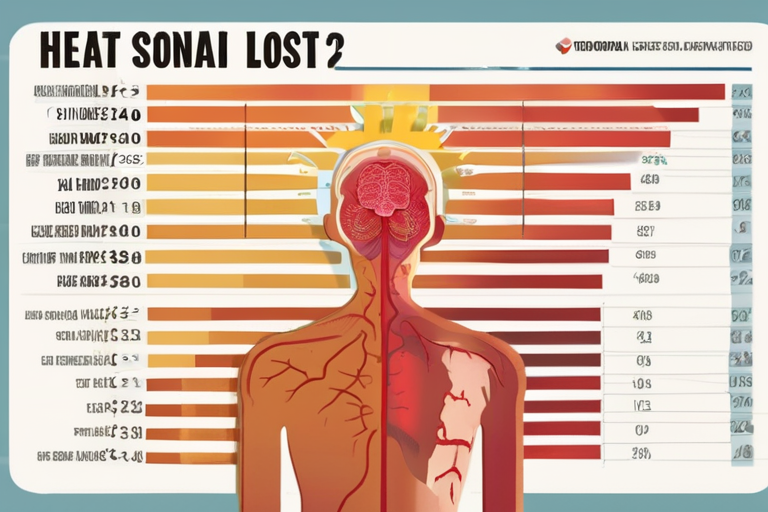







Share & Engage Share
Share this article